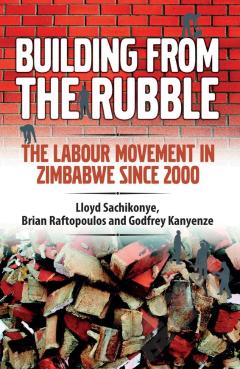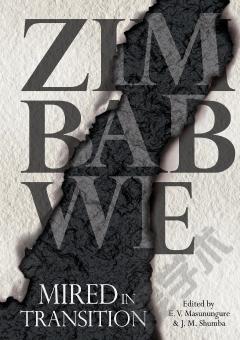Building from the Rubble: The Labour Movement in Zimbabwe Since 2000
Building from the Rubble is the latest volume to trace the history of Zimbabwe's labour movement, following Keep on Knocking (1997) and Striking Back (2001). Even though it focuses on the period between 2000-2017, the analysis reviews the changes in trade unionism throughout the post-colonial era. For much of this period, the unions faced massive challenges, including state violence and repression, funding limitations, splits, factionalism, and problems of organising at factory level. Perhaps the greatest challenge was the massive structural change in the economy. Deindustrialisation and the informalisation of work decimated the potential membership of the unions and redefined the trajectory of the movement. The growing precarity of work and the loss of formal employment placed the future of trade unions in great jeopardy. Notwithstanding these challenges, the importance of the labour movement continued to resonate with workers. The editors conclude that the unions needs to reconnect with their social base at the workplace, and rebuild structures and alliances in the informal economy, the rural sector, and with residents' associations and social media movements. 'This' they write 'is a critical post-Mugabe agenda that should be seized by the labour movement at all levels, from shop-floor to district, regional and national spaces.
{{comment.content}}








 京公网安备 11010802027623号
京公网安备 11010802027623号